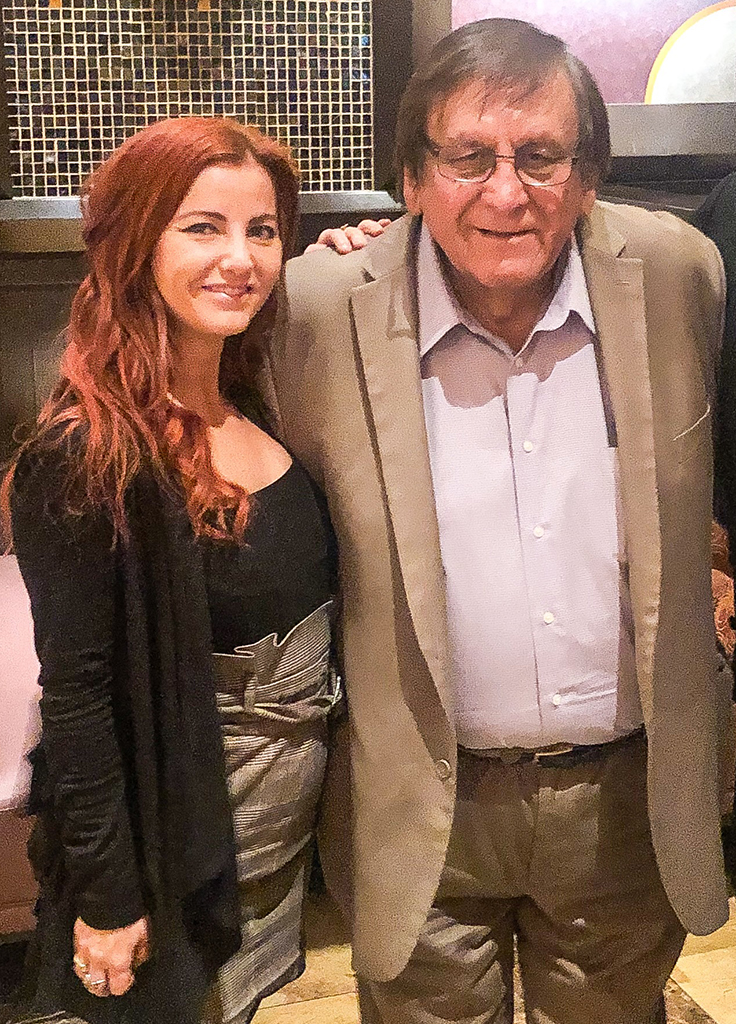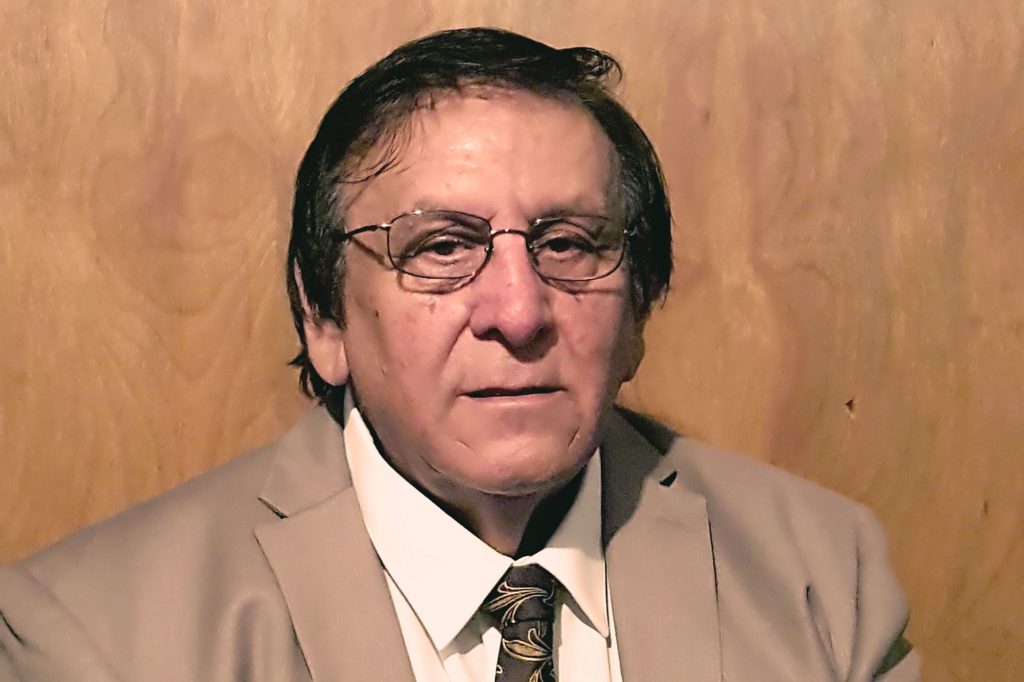Few have résumés as impressive as Oglala Sioux attorney Mario Gonzalez. Not only is he an award-winning, respected Native American lawyer, Gonzalez is a contributing author of one of the most important sections of the 2018 Farm Act—that which made the shipment of CBD/hemp oil legal.
Gonzalez, along with the collaborative efforts of Jennifer Hughes and Patricia Marks, and Malcolm McGeary, a member of Senator Ron Wyden’s (D-Ore) staff, are primarily responsible for Section 10114 (b) of the Act, which states that “No state or Indian tribe shall prohibit the transportation or shipment of hemp or hemp products in accordance with… Section 10113[] through the State or the territory of the Indian Tribe, as applicable.”
BY SIMONE TEAGUE

Thanks to Gonzalez and his colleagues, CBD/hemp oil products can be transported throughout the entirety of the US. Though the national impact of Section 10114 (b) is undeniable, it was initially intended to protect Native American hemp growers. The 2014 Farm Act only allowed states—not tribes—to produce hemp, a detail that justified government crackdowns on Native American hemp production. According to Gonzalez, the Minomenee tribe of Wisconsin tried to grow hemp under the 2014 Farm Act, but because of their tribal status, the DEA raided the Minomenee reservation and destroyed their crop.
Prior to the 2018 Farm Act, fear of government interference extended beyond reservation borders. Interstate commerce of legally grown hemp was frequently disrupted by government confiscation for testing. Section 10114 (b) changed the game by legalizing the movement of hemp across state and territory lines, forever altering the industry by increasing the ease of distribution for all involved.
On May 14, PuraPhy spoke exclusively with Gonzalez about his work on the 2018 Farm Act and the current state of the hemp industry. Here are some quotable highlights Gonzalez told us during the fascinating—and revealing—conversation:
- “The 2014 Farm Act allowed the states to issue demonstration pilot permits, through the Departments of Agriculture or colleges, to grow CBD and harvest it. Tribes were not included in the Act.”
- “There were a lot of states that never adopted the 2014 Farm Act.”
- “We started working on this when it was still Sen. Mitch McConnel’s (R-Ky) bill, S. 2667, and we noticed that there were some provisions that we felt needed to be improved. McConnel’s bill was eventually incorporated into the 2018 Farm Act.”
- “We were concerned about our tribal members that grow hemp; that once they tried to transport it off the reservation, they’d be arrested by the State of South Dakota or other states. So, that’s why worked to get Section 10114 (b)] included in the Act. Mainly to protect tribal hemp producers, but, in reality, it’s for protecting all hemp producers across the nation.”
- “All states and tribes can now self-regulate under the 2018 Farm Act, as long as they submit a state or tribal plan (regulations) that’s approved by the Secretary of Agriculture.”
- “If a state or tribe self-regulates, their plans still have to be in compliance with the interim federal regulations issued by the Secretary of Agriculture.”
- “The growing, producing, harvesting and transportation of hemp, is legal now, as long as it complies with the 2018 Farm Act and the interim regulations issued thereunder, or, if you’re a state or tribe, as long as you comply with your approved state or tribal plan.”
- “The THC content in hemp cannot be more than .3% under a state or tribal plan, or the interim federal regulations. If the THC content exceeds .3%, it must be destroyed.”
- “The problem that I see right now is that there’s such an overabundance of CBD flower grown under 2014 Farm Act demonstration pilot projects. The Secretary allowed states to grow hemp under the 2014 Farm Act in the 2019 growing season while interim federal regulations under the 2918 Farm Act were being finalized. The Secretary allowed some tribes to grow under state producer licenses in 2019 since no tribes could self-regulate under the 2014 Farm Act.”
- “There was a Gold Rush in 2019, and like all other money Gold Rushes, a few hemp producers got rich and many more lost a lot of money. There’s a glut because of an overabundance of hemp produced in 2019. Many hemp producers could not sell their crops or have it processed. and lost a lot money in 2019.
- “I think that ultimately, maybe in 2021, 2022, the prices will be back up as more people get into the new techniques for processing it. Some tribes are also looking at growing fiber hemp as a way to generate money, build infrastructure and create jobs on their reservations.”

